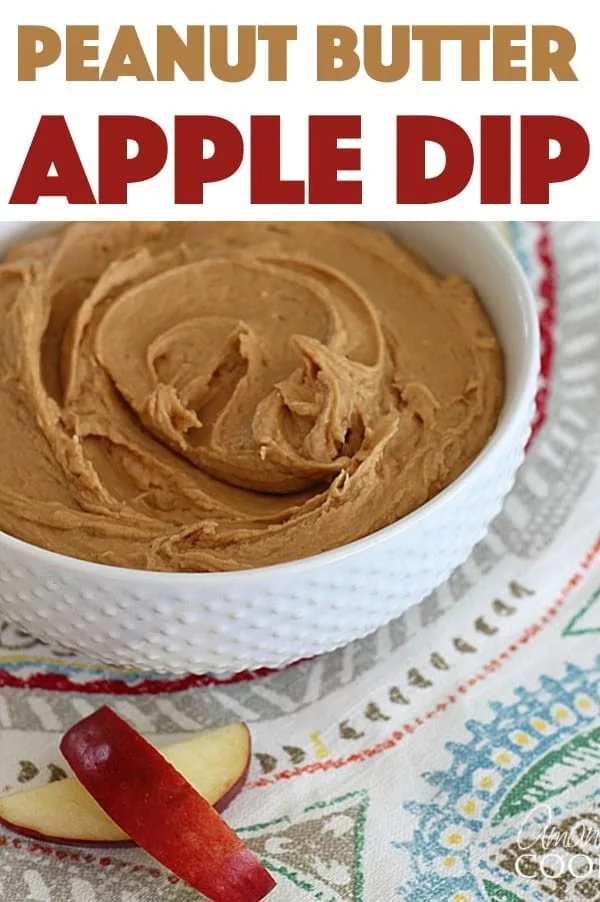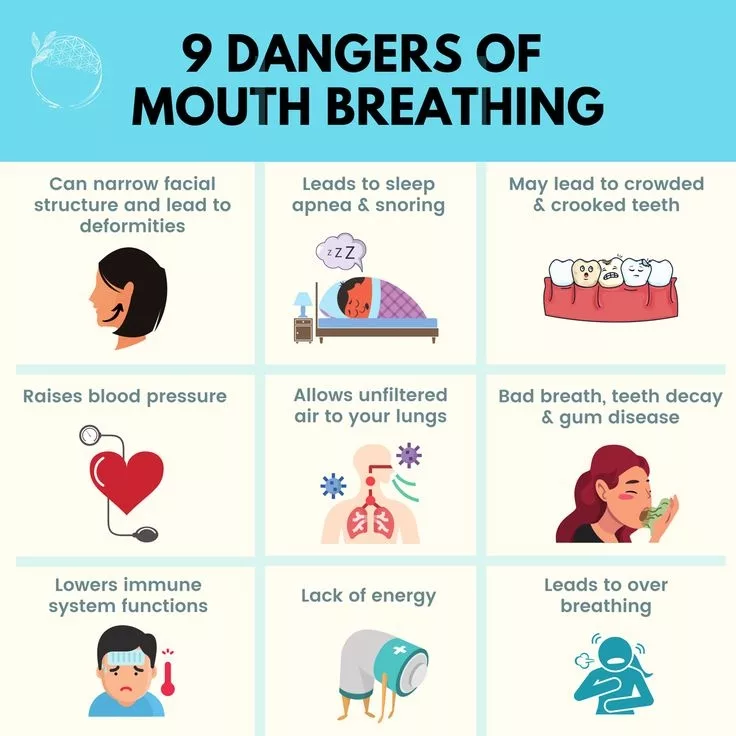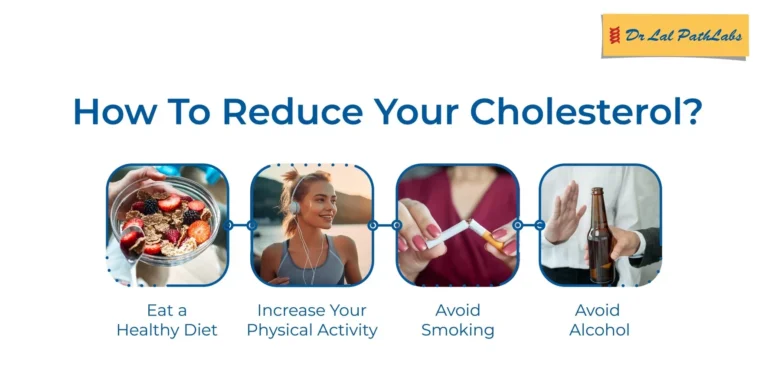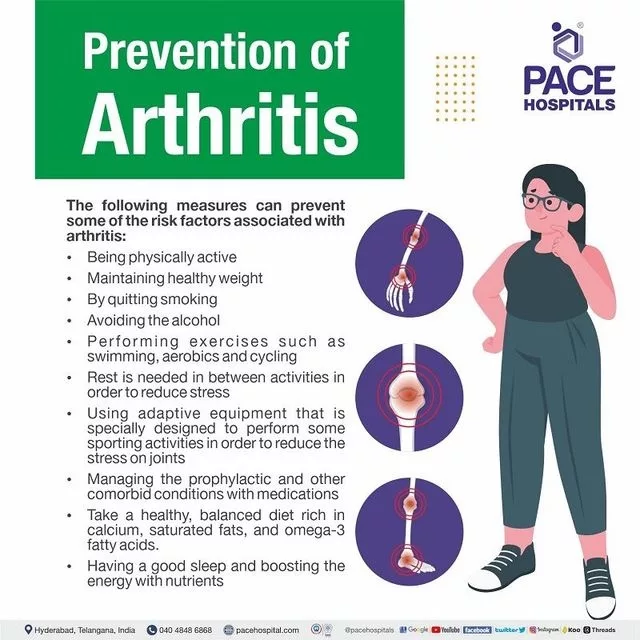The Controversy of the McDonald’s Burger That Doesn’t Rot After a Year – Is It True?
Hello, I’d like to discuss McDonald’s, a fast-food brand loved by many. Recently, there has been controversy over claims of McDonald’s burgers not rotting even after a year. Let’s explore whether this claim holds any truth. Though such stories have circulated before, could it really be that a burger doesn’t rot over a year? Let’s delve into this together!
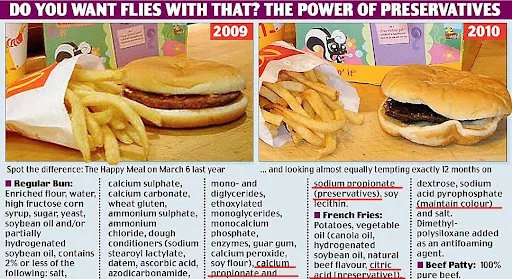
The Start of the ‘McDonald’s Burger That Doesn’t Rot After a Year’ Controversy
McDonald’s is one of the world-renowned fast-food chains. However, the claim that its burgers don’t rot even after a year has sparked controversy. This claim suggests that McDonald’s burgers can maintain their food state for a long time due to the use of preservatives. Let’s distinguish between truth and falsehood regarding this matter.
Scientific Understanding of Long Shelf Life Foods
The shelf life of food depends on various factors, such as preservatives used, processing technologies, and storage conditions. Some foods can remain fresh for a long period, thanks to scientific research and technological advancements.
Analysis of Various McDonald’s Burger Preservation
Experiments Several preservation experiments involving McDonald’s burgers have been conducted. These experiments exposed burgers to certain environments and observed changes over time. However, the results do not necessarily mean that McDonald’s products don’t rot. Experimental conditions and real-life environments can differ.
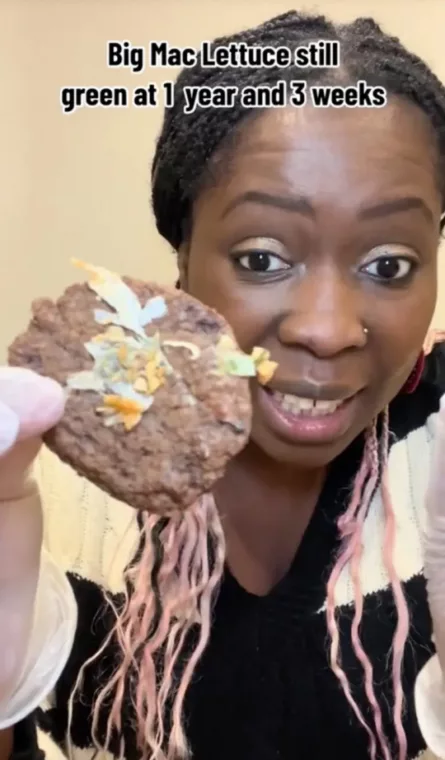
The Role of Food Processing Technology and Preservatives
Food processing technology helps maintain food freshness over long periods. This technology keeps the nutritional value and taste of food while inhibiting harmful bacteria growth. Moreover, preservatives prevent food spoilage, ensuring safe products for consumers.
Expert Opinion: The Difference Between Natural and Processed Foods
The controversy over food preservation stems from a lack of understanding of the difference between natural and processed foods. Experts explain that while natural foods spoil over time, processed foods can remain fresh for longer periods through preservation technology. Understanding this difference is crucial.

The Relationship Between Consumer Health and Food Preservation
Technology Food preservation technology is closely related to consumer health. To maintain safe and fresh food, appropriate preservatives and processing technologies must be used. This helps preserve nutritional value and inhibit harmful bacteria growth during distribution.
Understanding and Misunderstanding Food PreservationThrough Similar Cases
There are several scientific reasons behind the non-decomposition of McDonald’s burgers. This phenomenon has received a lot of attention, especially on social media, but it is actually closer to general principles of food preservation rather than unique characteristics specific to McDonald’s burgers. Here are some key factors:
- Dry conditions: One of the main reasons McDonald’s burgers do not decompose is due to dry conditions. When the burgers are exposed to a dry environment, the moisture evaporates, creating an environment that is less conducive to microbial growth. Microorganisms need moisture to grow and reproduce, so the lack of moisture prevents decomposition.
- Salt content: McDonald’s burgers, especially the patties, contain a significant amount of salt. Salt has been used as a natural preservative for a long time, helping to preserve food by depriving microorganisms of the moisture they need to grow and reproduce.
- Fat content: The high fat content in McDonald’s burgers may also contribute to their preservation. Fat is less prone to decomposition than moisture, and the fat in the burgers may inhibit microbial growth.
- Environmental conditions: The environmental conditions in which the burgers are stored (temperature, humidity, airflow, etc.) also play a crucial role. Generally, lower humidity and appropriate temperature conditions can lead to longer food preservation.
These scientific principles can apply not only to McDonald’s burgers but also to many other dry and salt-rich foods. Therefore, the non-decomposition of McDonald’s burgers is due to these general food preservation principles and conditions, rather than the addition of special chemical compounds.
McDonald’s Official Position and Response Strategy
McDonald’s has officially addressed the controversy, stating that it uses safe and approved preservatives for food preservation, in line with international food safety standards. The company emphasizes prioritizing consumer health and safety and continuously strives for quality improvement.
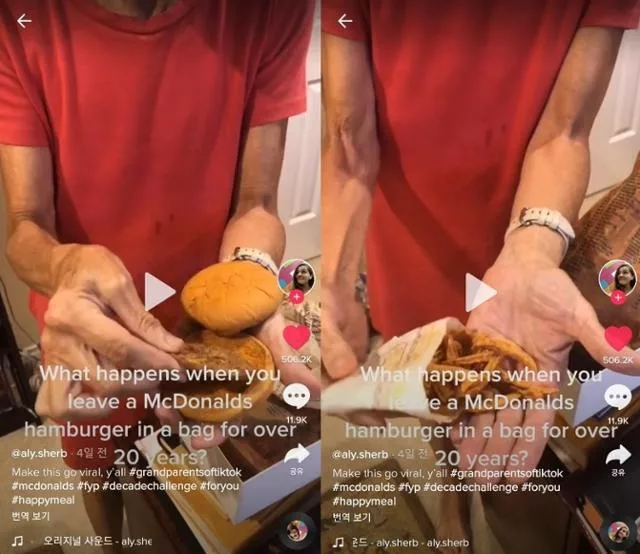
Future Outlook on Food Preservation Technology Development
Food preservation technology is continuously evolving. With the increase in fast distribution and international trade, the importance of food preservation technology is growing. It is expected to advance further, providing consumers with safer and fresher products.
Lessons Learned From the ‘Non-Rotting Burger’ Controversy
This controversy can lead to misunderstandings about food preservation among consumers. It highlights the need for a proper understanding of scientific research and expert opinions on food preservation. Food manufacturers must continuously work to provide safe and fresh products to consumers.
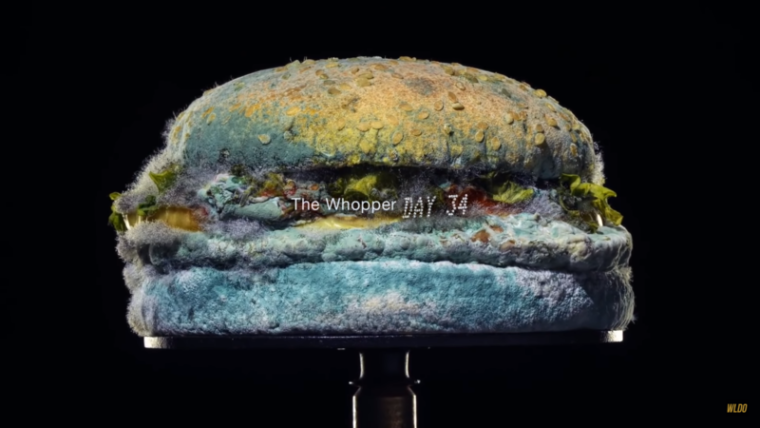
In conclusion, the ‘non-rotting McDonald’s burger’ claim arises from misunderstandings about scientific understanding and food preservation technology. Food preservation is essential for consumer health and safety, and food manufacturers must use appropriate preservatives and processing technologies. Consumers should consider scientific research and expert opinions to gain a correct understanding of food preservation.


